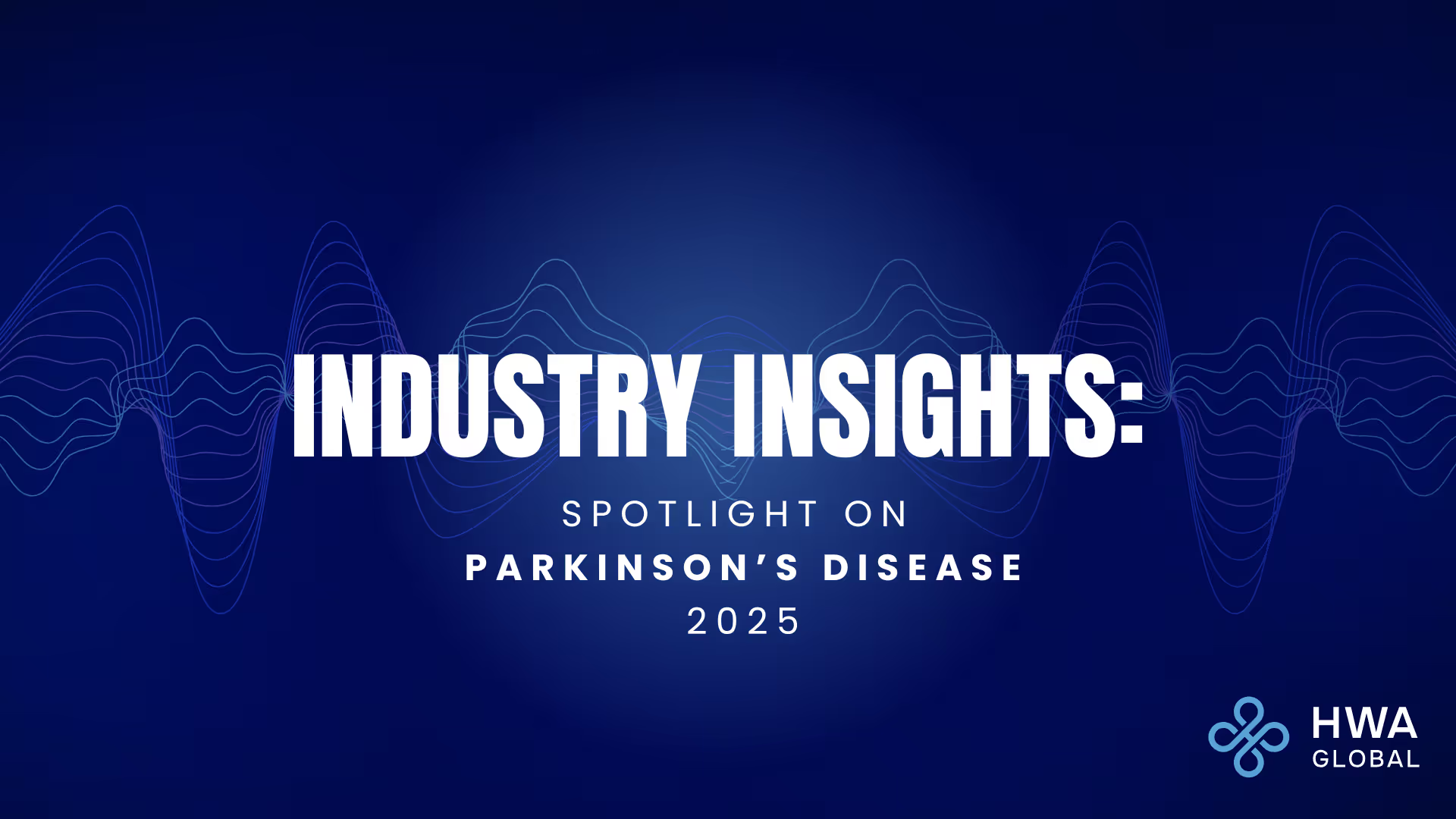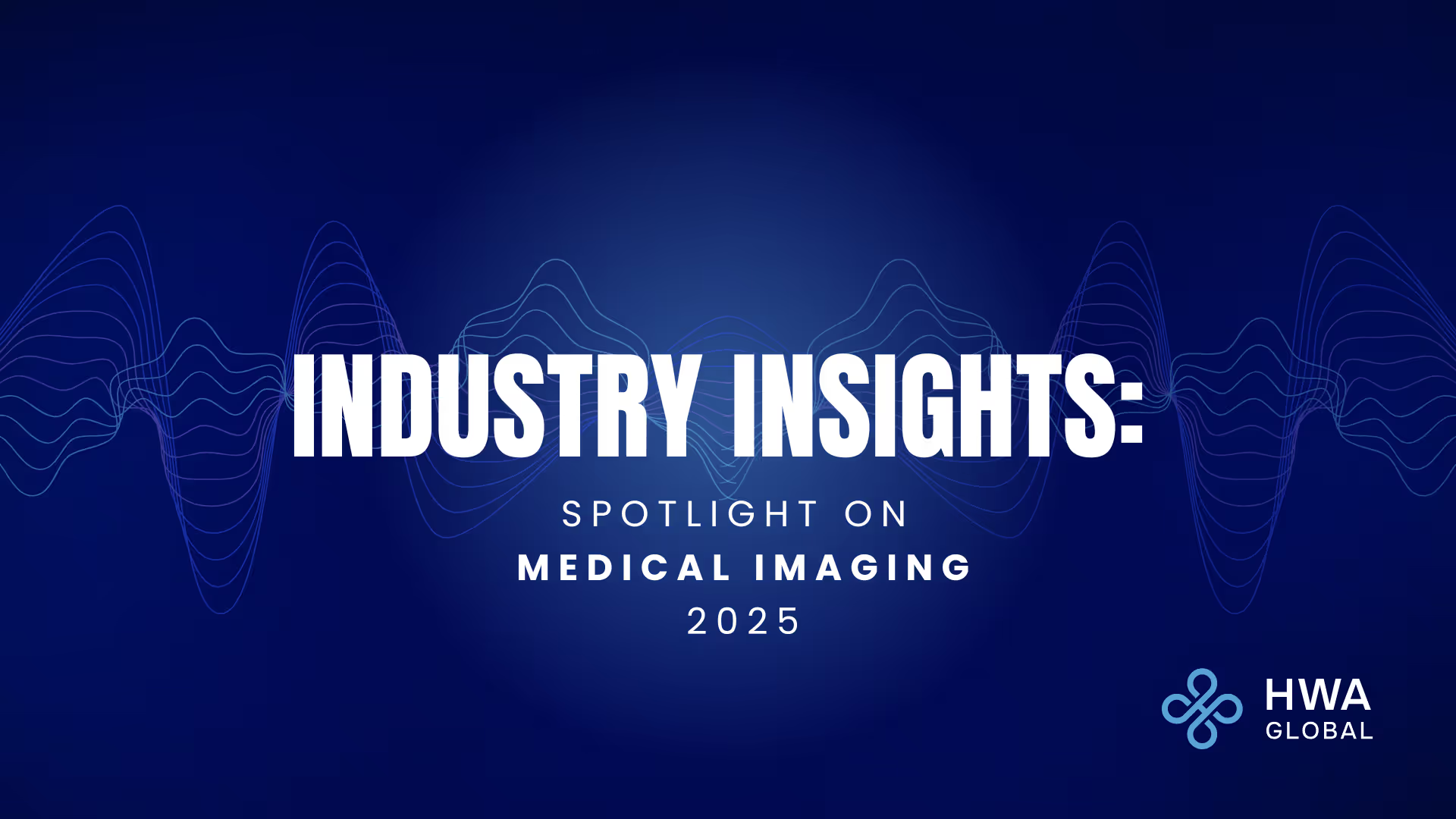Parkinson’s Disease Spotlight

Technology Targets Progression and Personalization in Parkinson’s Care
Parkinson’s disease affects nearly one million Americans and over 10 million people globally. It’s a slow-moving, progressive condition that has traditionally relied on clinical observation and pharmaceutical management.
But in 2025, a new wave of technology is shifting that paradigm. From AI-driven diagnostics to real-time brain stimulation and digital therapeutics, MedTech is beginning to answer the call for earlier detection, more tailored interventions, and remote care delivery.
This month’s spotlight explores how the device, software, and diagnostics sectors are reshaping the Parkinson’s landscape with implications for patient outcomes, clinical efficiency, and investor opportunity.
Recent Highlights & Advancements
Medtronic’s BrainSense™ aDBS System Earns FDA Approval
Medtronic 's adaptive deep brain stimulation (aDBS) platform was approved in early 2025. BrainSense™ monitors neural activity in real time and adjusts stimulation, accordingly, delivering more precise and personalized symptom control than traditional DBS. 🔗 Read More.
Stanford Develops Portable Tracking Device for Home-Based Care
Stanford University researchers introduced KeyDuo, a lightweight sensor integrated with a smartphone platform that enables continuous symptom tracking outside clinical settings. It supports real-time clinical decision-making and greater autonomy for patients. 🔗 Read more
Neu Health Launches AI-Powered Parkinson’s Virtual Care Platform
Neu Health is delivering a full-stack digital care platform designed specifically for people with Parkinson’s. It leverages AI to personalize care plans, monitor symptom progression, and engage patients in between clinical visits.
MedRhythms Pioneers Music-Based Neurorehabilitation for Parkinson’s
MedRhythms, Inc. combines rhythmic auditory stimulation with real-time motion sensors to help improve gait and mobility in Parkinson’s patients. Its digital therapeutic approach uses music to retrain the brain’s motor functions.
New MedTech Technologies and Therapies
- Adaptive Deep Brain Stimulation This next-generation neurostimulation technology uses real-time feedback from brain signals to personalize therapy. It offers better outcomes and fewer side effects than traditional deep brain stimulation.
- Wearable Gait and Tremor Monitoring Systems Smart insoles and motion sensors are giving clinicians insight into motor fluctuations, freezing episodes, and falls. Devices from academic and startup labs are showing clinical-grade performance in real-world settings.
- At-Home Remote Tracking Platforms Smartphone-connected devices, including KeyDuo, are enabling patients and providers to continuously track disease symptoms. These platforms support data-driven treatment decisions and allow patients to stay engaged in their care between visits.
AI and Digital Trends
Cleveland Clinic Uses AI to Identify Parkinson’s Risk Genes
A January 2025 study applied AI to genetic datasets to uncover new risk genes that may influence disease progression, paving the way for future diagnostic models. 🔗 Read More
UCSF Develops Video-Based Symptom Quantification Tool
UCSF’s AI tool analyzes patient-recorded videos to assess tremor and motor function, enabling remote clinical evaluation and tracking.
MIT’s AI-Powered Sleep Monitoring Tool Detects Parkinson’s
MIT researchers demonstrated that Parkinson’s can be detected through passive monitoring of nighttime breathing, offering a non-invasive early detection tool.
Key Companies to Watch
- Neu Health – Developer of AI-powered virtual care platforms for Parkinson’s and neurological conditions. Neu Health
- MedRhythms – Digital therapeutic company using music and sensors to improve gait and mobility in Parkinson’s patients. MedRhythms, Inc.
- Medtronic – Leader in adaptive neurostimulation with FDA-cleared BrainSense™ platform. Medtronic
- Stanford Medicine – Research center advancing mobile monitoring tools like KeyDuo to track symptoms remotely.
Relevant Articles & Sources
- 🔗 FDA Approves Medtronic Adaptive DBS – NeurologyLive, March 2025
- 🔗 Stanford Tech for Parkinson’s Patients – Stanford News, Sept 2024
- 🔗 AI Gene Study – Cleveland Clinic, Jan 2025
- 🔗 Parkinson’s Video Tool – UCSF News, Aug 2024
- 🔗 MIT Sleep Detection Study – MedicalXpress, July 2024
HWA Global Takeaway
Parkinson’s innovation is gaining ground and fast. Adaptive devices, digital platforms, and AI-driven diagnostics are changing the story from passive symptom management to proactive, personalized care. This evolution is not only a strategic opportunity for MedTech investors but a critical lifeline for patients navigating a progressive, complex disease.
For the millions affected by Parkinson’s including public figures like Michael J. Fox, whose advocacy continues to inspire research these tools represent more than technology. They offer a pathway to longer independence, higher quality of life, and hope that progress is finally catching up to need.


































Related MedTech News & Insights
together we build Value
Connect With Our Team



.png)





